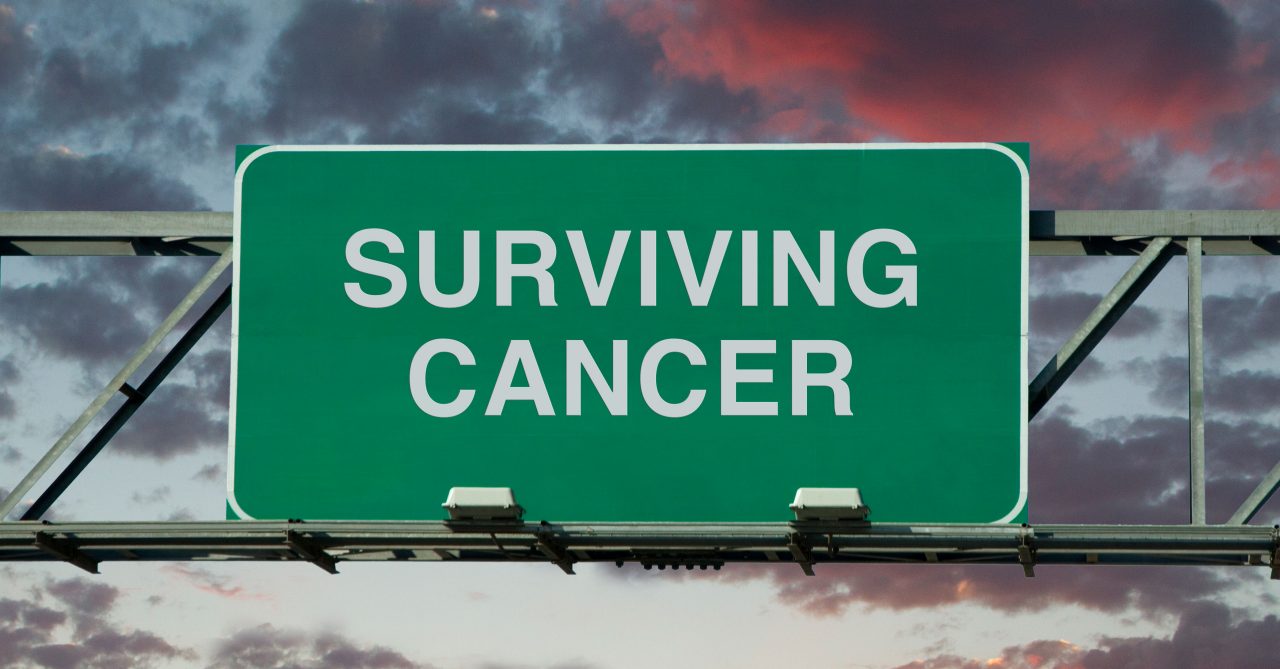Colon Cancer Screening Guidelines

To detect tumors in the colon before they spread and become dangerous, you need to follow colon cancer screening guidelines and receive regular checkups.
Colon cancer develops when abnormal cells in the large intestine divide uncontrollably, forming a tumor. It is one of the deadliest types of cancer, especially if it is not diagnosed until tumors have grown and spread. If colon cancer is detected in its early stages, however, treatment is often very successful.
The National Cancer Institute reports that rates of colon cancer cases and deaths began decreasing after more stringent screening guidelines were put in place by the U.S. Preventative Services Task Force. However, many adults still do not receive regular testing for colon cancer, which puts them in danger.
In order to detect tumors in the colon before they spread and become dangerous, it is important to follow colon cancer screening guidelines and receive regular checks for growths in your large intestine.
YOU MIGHT ALSO LIKE: How to Prevent Colon Cancer
Colon cancer screening guidelines
The majority of colon cancer cases develop after age 50 for both men and women. Because of this, colon cancer screening guidelines recommend that adults with a normal risk profile begin regular testing when they are 50 years old. Most people will need to continue testing until age 75; after that, you and your doctor can discuss whether to continue screening based on your personal health and risk profile. Colon cancer screening is not recommended for people past the age of 86.
If no cancer is detected, you can usually wait 10 years before being tested again. If an irregular growth is found, however, you will likely need to undergo additional screening and surgery to have it removed.
You should also talk to your doctor about immediate testing if you develop any symptoms of colon cancer, including rectal bleeding, unexplained fatigue or weight loss, or persistent abdominal pain.
Screening if you are high risk for colon cancer
The colon cancer screening guidelines for high risk groups are slightly different.
If you have had cancer before, or if a previous test has found cancerous growths in your colon, you are considered high risk and will need to have screening performed every 3 to 5 years, instead of once every 10 years. You may also need to begin testing earlier than age 50 if you or a family member has ever developed cancer before age 50.
African Americans are considered high risk and develop colon cancer at higher rates than other racial groups in the United States. Most screening guidelines for colon cancer recommend that African Americans begin screening at age 45, even without other risk factors.
You may also need to begin early testing if you:
- Are obese, overuse alcohol, or smoke
- Have gastrointestinal disorders, such as inflammatory bowel disease or Crohn’s disease
- Have a genetic risk for conditions such as Lynch syndrome
- Have had a member of your immediate family member develop colon cancer
Low-cost screening for colon cancer
Because colon cancer is so common, many insurance companies cover this testing as a form of preventative care. (The Affordable Care Act requires insurers to cover colonoscopies.) However, if your insurance does not cover other forms of testing or you are uninsured, you can still receive screening through the Centers for Disease Control and Prevention (CDC). Free or low-cost screening is available in multiple states, which you can find through the CDC’s website.
Choosing a type of colon cancer screening
The guidelines for colon cancer screening do not specify which type of colon cancer test an individual patient should use.
The most common type of screening for colon cancer is a colonoscopy, which can be performed as an outpatient procedure and detects both malignant tumors and precancerous growths known as polyps. However, your doctor may recommend different or additional tests, including a double-contrast barium enema, flexible sigmoidoscopy, CT (or virtual) colonography, or stool DNA test.
Which type of screening is best for you depends on your unique health situation, including the results of previous screening, your family medical history, and your own history of cancer. Talk with your doctor to determine which test for colon cancer is best for you.
YOU MIGHT ALSO LIKE: When Should You Get Screened for Colon Cancer?
Updated:
May 09, 2017
Reviewed By:
Christopher Nystuen, MD, MBA